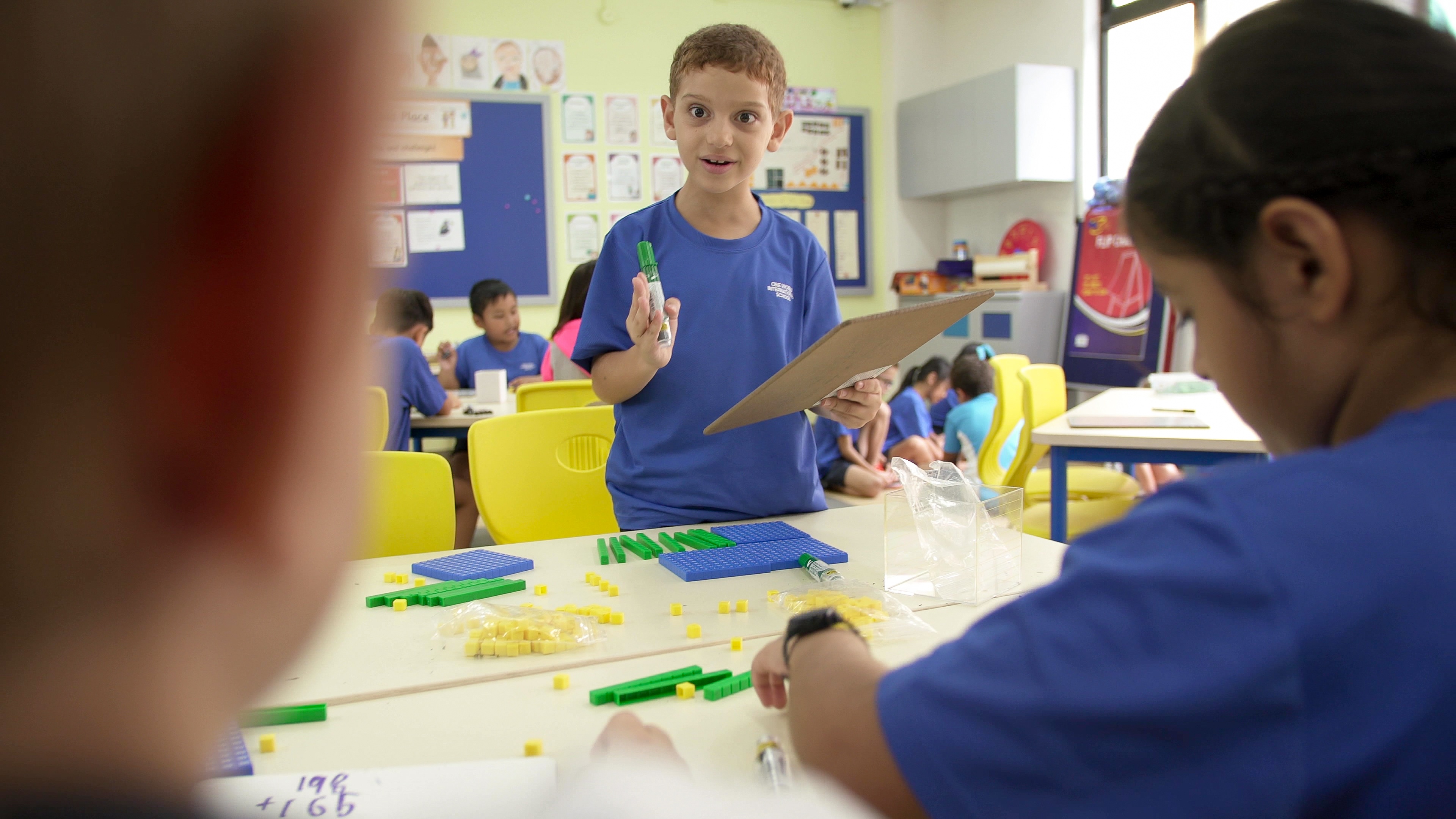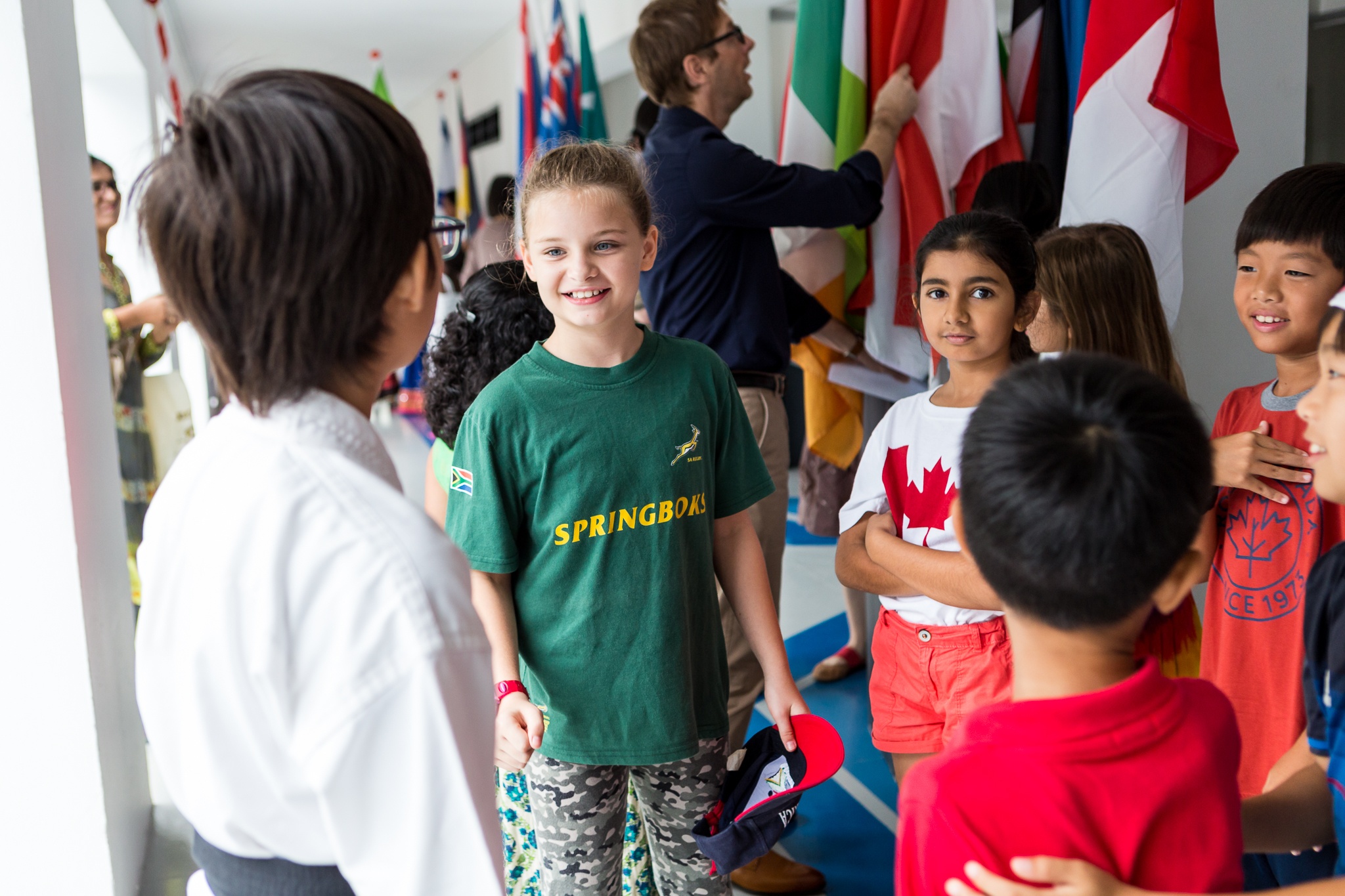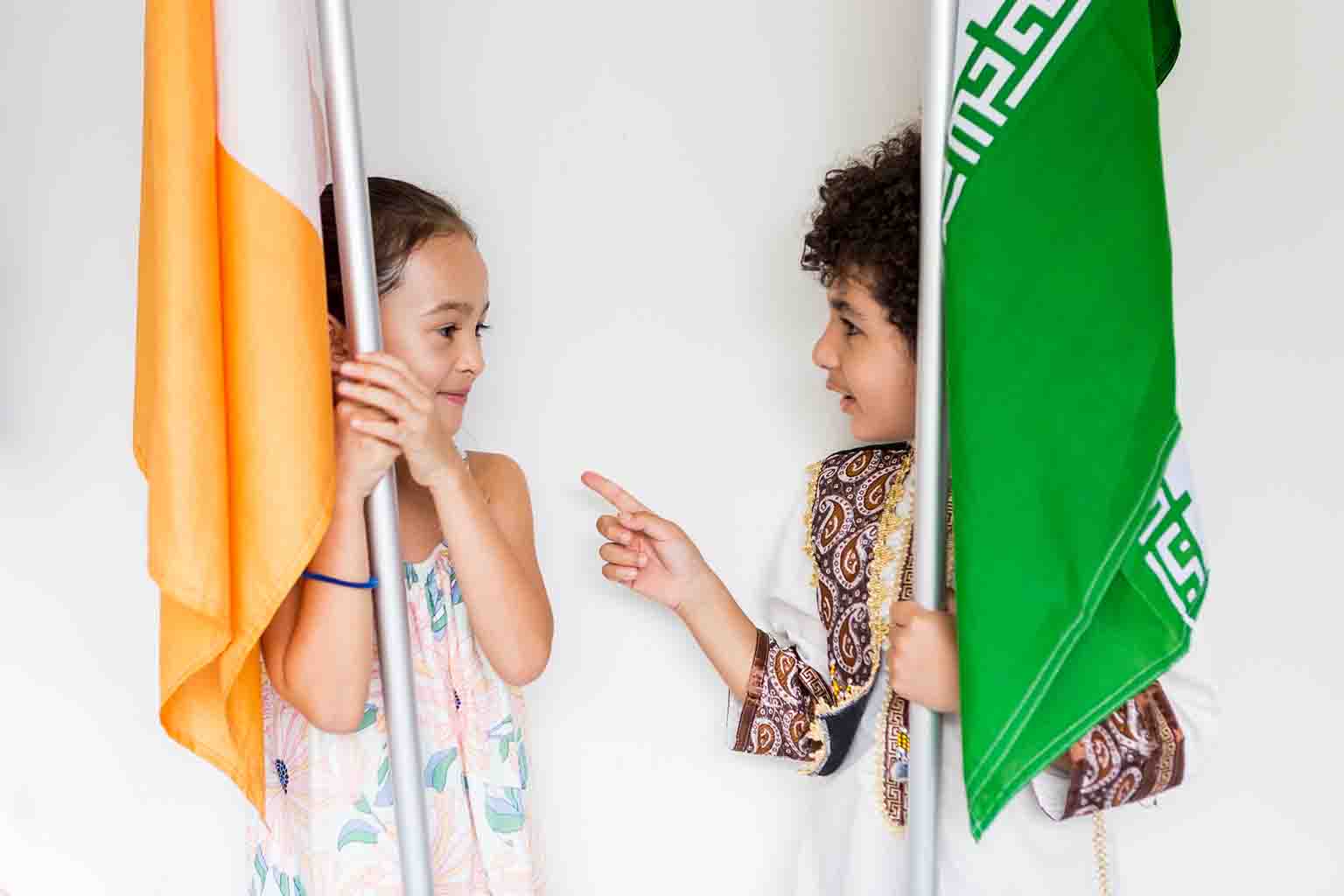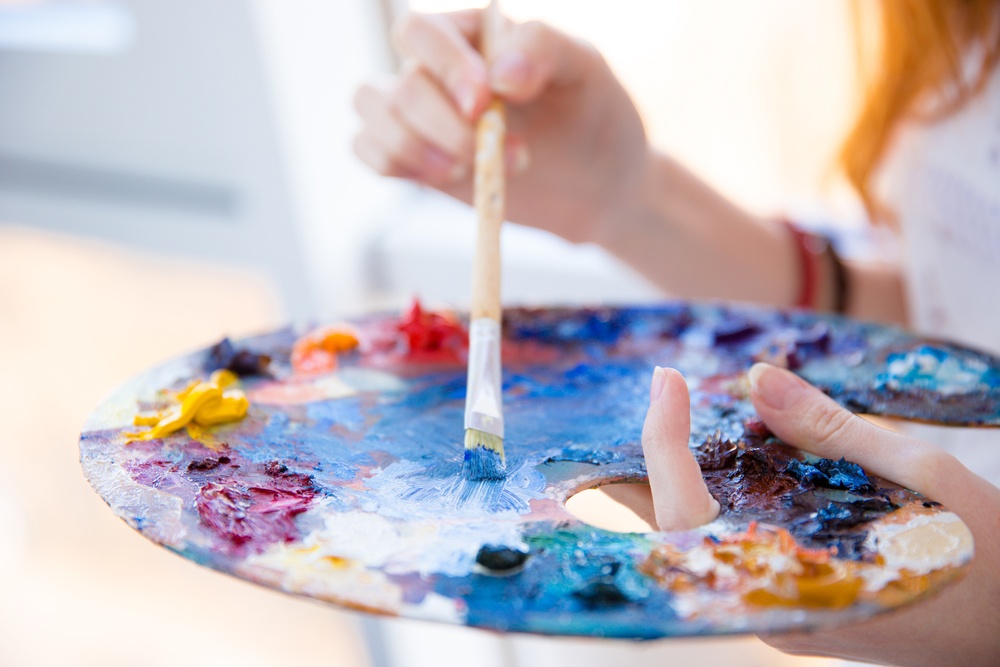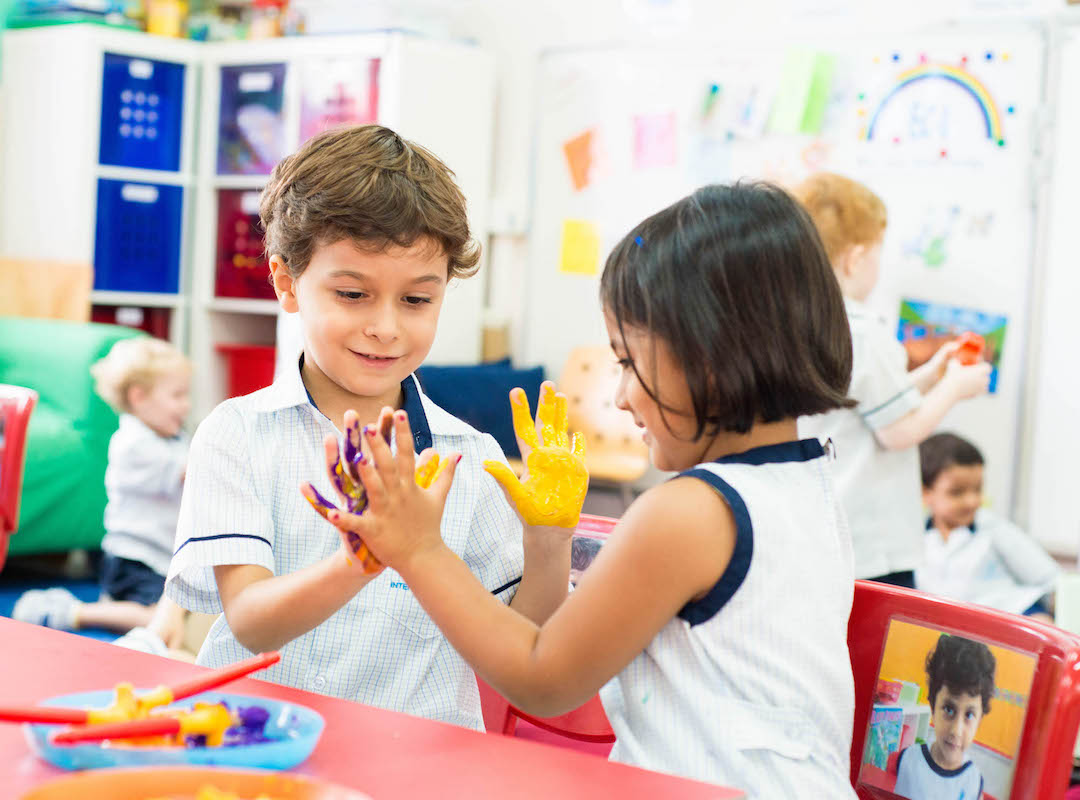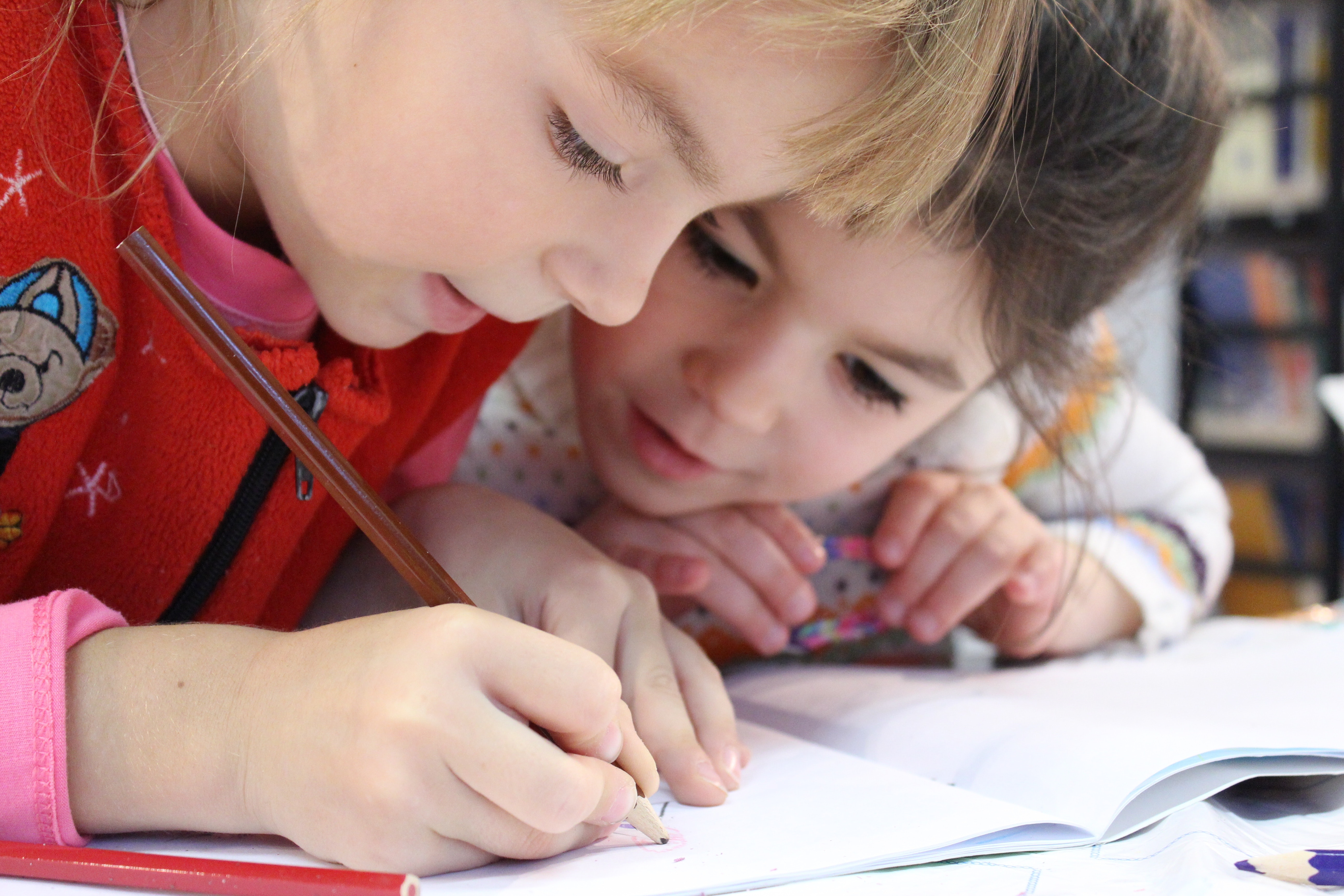Programme to be offered to OWIS students from August 2019.
SINGAPORE, August 20, 2019 - One World International School (OWIS), one of the fastest growing international schools in Singapore, today announced the rollout of the International Baccalaureate® (IB) Diploma Programme (DP) from this August 2019. With the authorisation by the International Baccalaureate Organisation (IBO), OWIS will be offering the IB DP to 24 students in Grade 11 for the 2019 - 2020 academic year.

